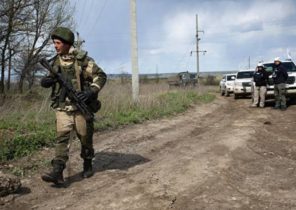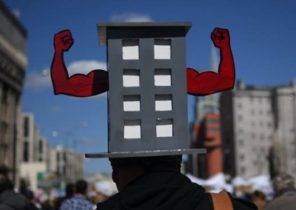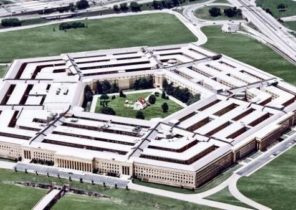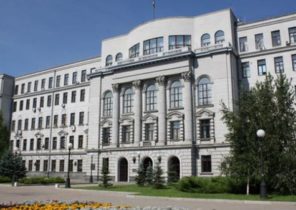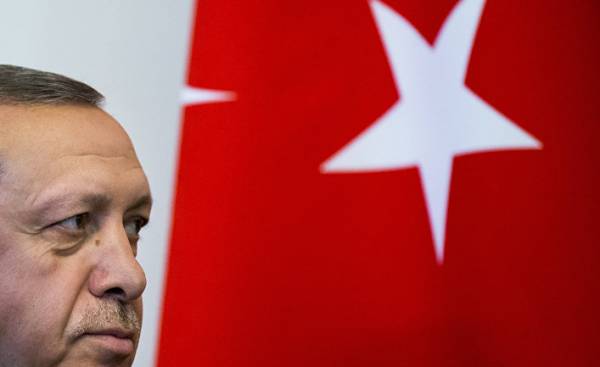
On Sunday 16 April the Turks go to polling stations to make a choice between the parliamentary system under which they lived for nearly a century, and a new Constitution that will concentrate all Executive power in the hands of the President. If Turkey says “Yes”, will be major restructuring of the state, abolished the position of Prime Minister, the Parliament will be on the sidelines, and will officially be a system in which the President will not be accountable to anyone but the voters. And if the country says no, it will be a serious, though not fatal setback for Turkish President Recep Tayyip Erdogan. But the outcome of the referendum depends on much more than the political fate of one man. What’s at stake?
Most affected Turkish judicial system. In 2000-e years the Erdogan government allowed the secretive Islamic gülen movement to equip the justice system with their supporters. But when two allies had a falling out, all hell broke loose. In 2013, close to gulenist prosecutors and police chiefs drew Erdogan and his allies in high-profile corruption scandal. In the report, it began cleaning, and many of Gulen’s supporters lost their jobs. When close to this movement of army officers in the summer of 2016 was accused of organizing a violent coup, purges intensified. Over the past nine months, the government has fired a quarter of all judges and prosecutors on suspicion of having links with Gulen. More than 2 500 of them are currently behind bars. As a result, the organs of justice are weakened and scared, fearing to contradict Erdogan. If there is a new Constitution, the system of justice will fall into greater subordination to Erdogan and his party. Currently, the President appoints four of the 22 members of the most powerful legal body of the country, which is the Supreme Council of judges and prosecutors. The rest are elected by their colleagues. Under the new Constitution the number of Council members will be reduced, and to appoint all of them will be Erdogan and his allies in Parliament. No hearings on these appointments will not.
In the case of approval of the new Constitution, the legislative branch will be at the disposal of the Executive. A key change would allow the President to maintain contact with his Party of justice and development and Erdogan will be able to tightly control, selecting candidates to the Parliament. Parliamentary control functions also undergo changes. Under current rules, MPs can ask oral questions to the Prime Minister and Cabinet members. The proposed amendment permits only written questions, and only Ministers and Vice-presidents, but not the President himself. The President will have the right to issue decrees on matters on which Parliament has not enacted any laws. The new position will give Parliament more opportunities to make impeachment of the Erdogan, but to remove him from power would be extremely difficult. To offer to undertake an investigation, require a simple majority, but to actually start it, need the consent of 60 percent of deputies. The final decision will be taken by the constitutional court, consisting almost entirely of presidential appointees. Parliamentary and presidential elections will be held simultaneously every five years. In theory, every institution of power can control any other institution, keeping your finger on the eject button: the President and Parliament will be able to terminate the powers of each other, as well as their own, having called early elections.
Erdogan has been in power for 14 years, longer than any other Turkish leader after the founder of the Republic Kemal Ataturk. The Constitution will allow him to remain in power for a maximum of two terms of five years, starting in 2019, when presidential elections will be held. But there’s a catch. If in his second term, the Parliament will convene early elections, Erdogan will have the right to run for the third time. Theoretically this will allow him to remain in power until 2034. Sunday’s referendum will be of great importance for its future, but even more important it will become for Turkey’s future.
